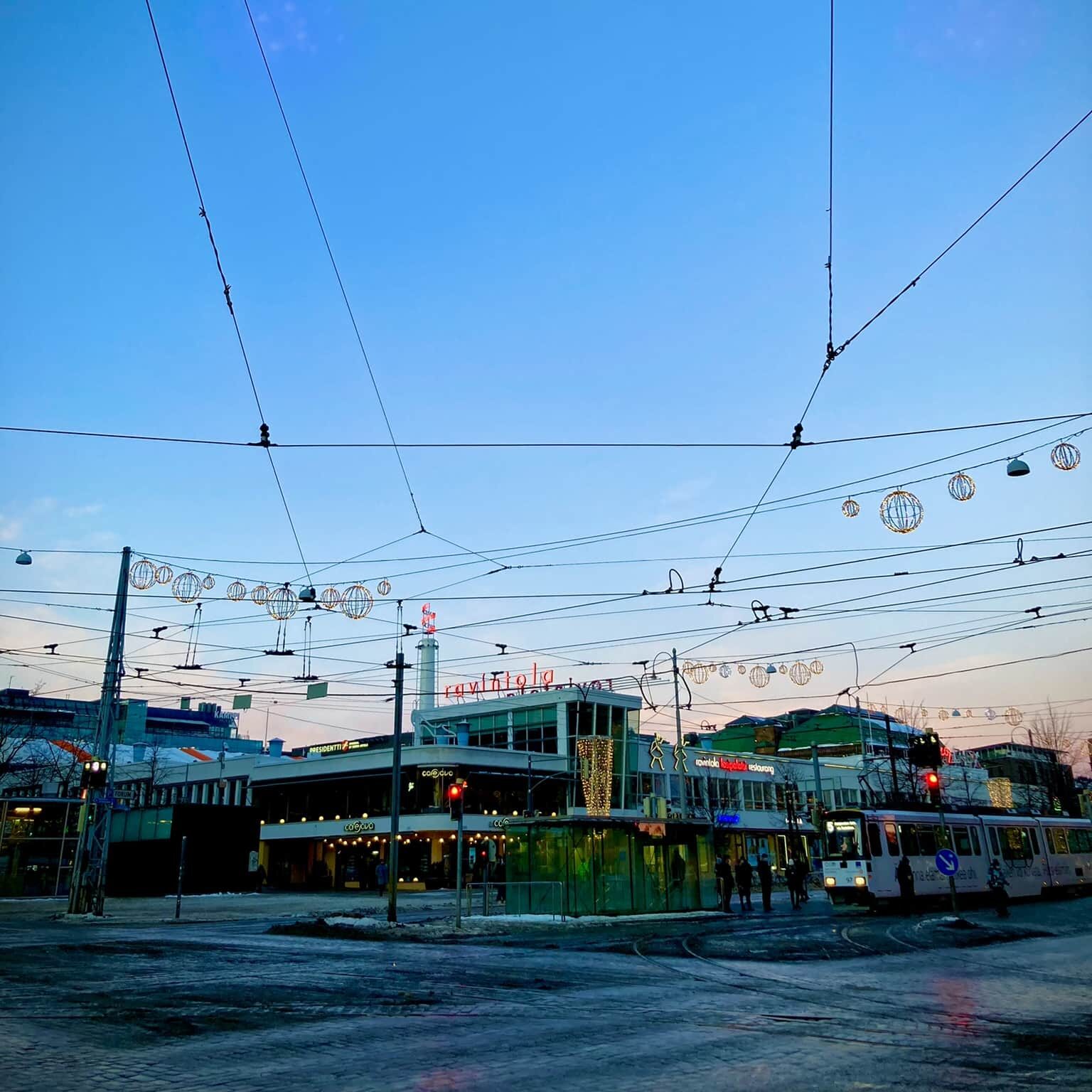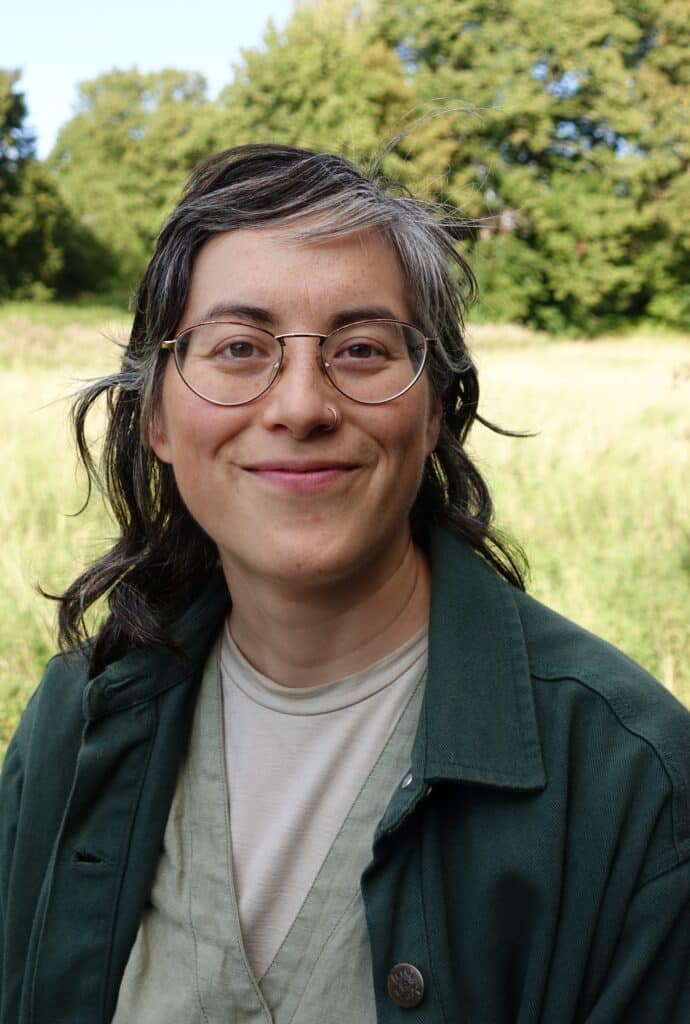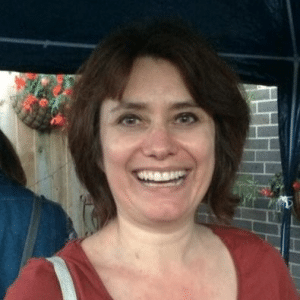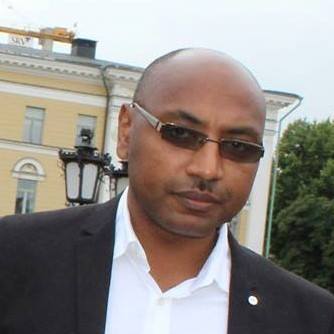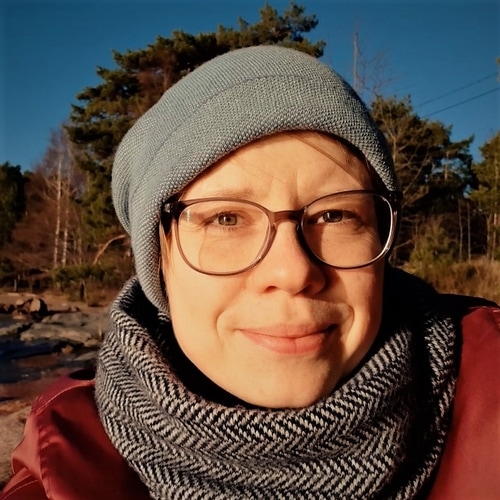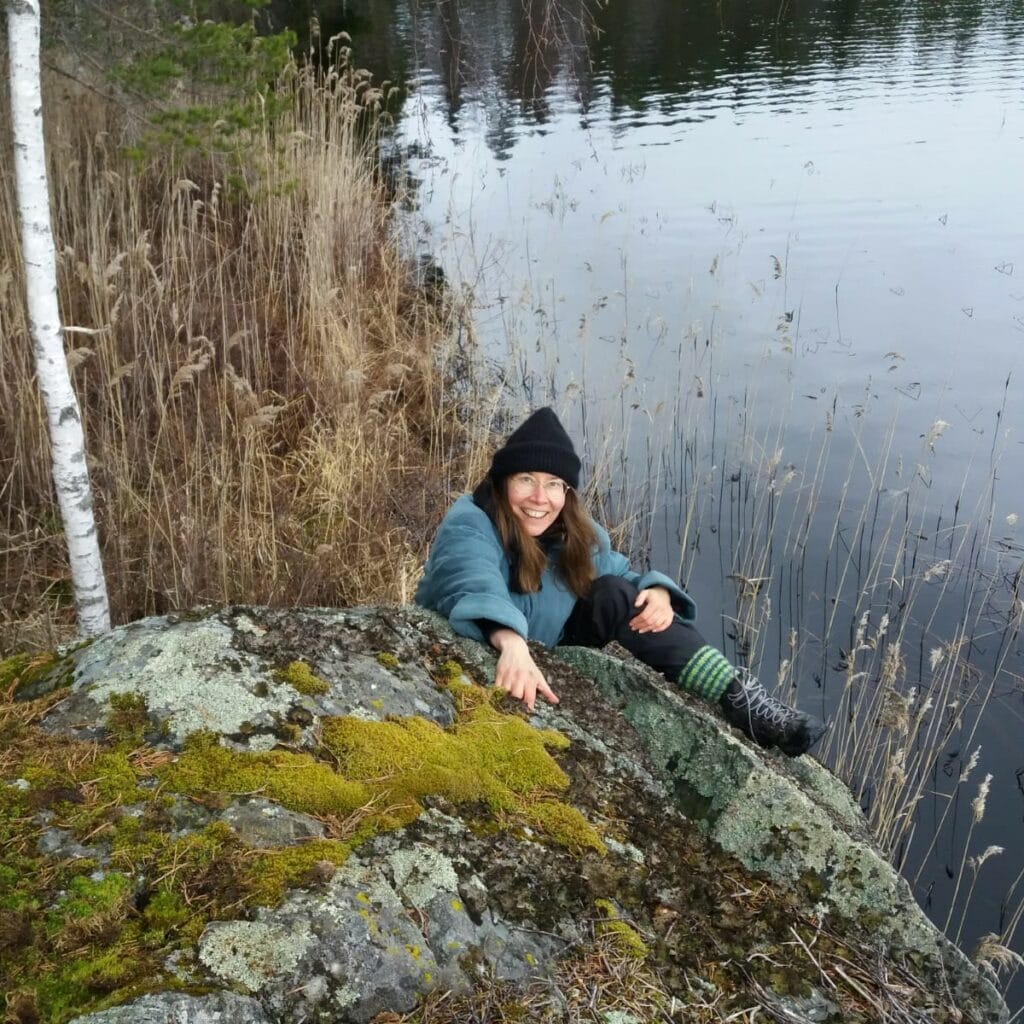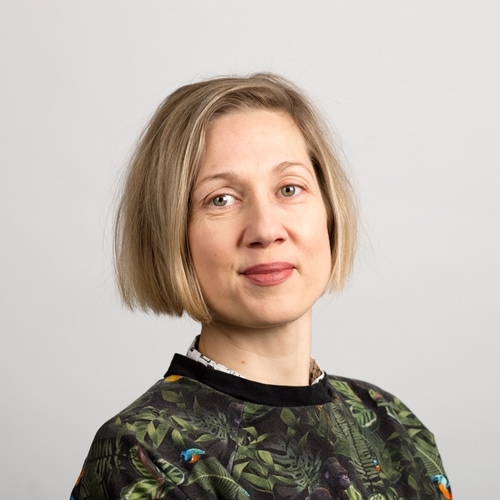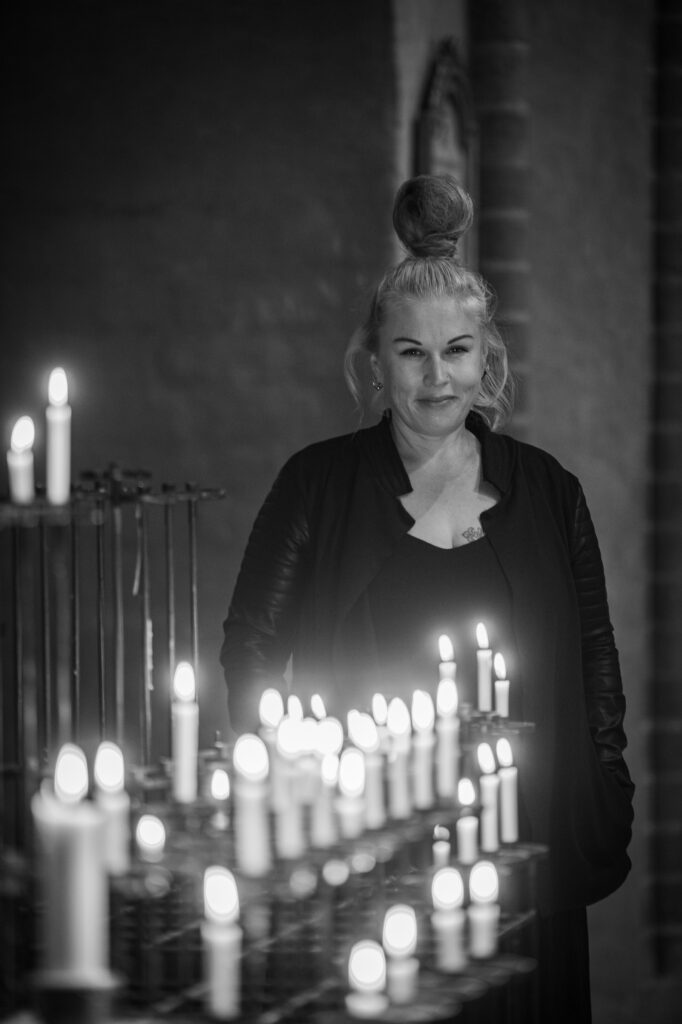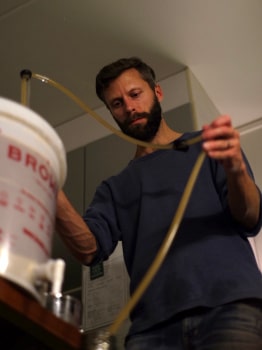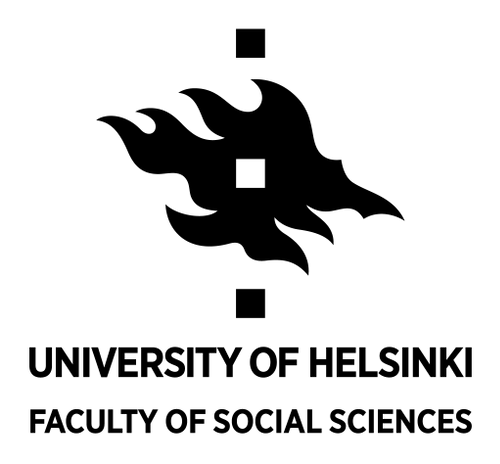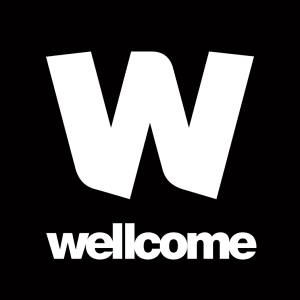Modern societies are founded on practices of hygiene, disinfection, and treatment with antibiotics to avoid microbes in health, agriculture, and environmental practices. Yet, these attempts have promoted rapidly advancing antimicrobial resistance (AMR) in humans and domestic animals and resulted in imbalances and degraded diversity in human guts and immunities, as well as across various ecological niches. Recent advances within microbiome research, however, shed light on the abundance and multiple positive potentialities of microbes and suggest that microbes have crucial roles in various areas ranging from human to animal health, food production, and agriculture. While much remains unknown about the complex biological mechanisms that underlie human-microbial relationships, enormous societal challenges to reorient antibiotic practices employed in e.g. animal husbandry, food systems, and health care lie ahead. To address future challenges of antimicrobial resistance, we need more suitable terms, methods, and understandings to address the complex, multi-scalar sets of practices that characterise human-microbe relations.
This workshop series aims to initiate an unprecedented and novel Nordic Network for the Social Study of Microbes. The network would enhance collaboration and build expertise at the Nordic level and form a world unique group on microbes and AMR. This would establish our international leadership in the social study of microbes and strengthen Nordic competitiveness in AMR research by augmenting exchange of scientific excellence and advancing expertise across groups and disciplines. Long-term, the collaboration would also enhance translation of Nordic expertise into international AMR policy.
The workshops will address three key areas in the emerging field that we have identified as needing crucial attention to address gaps in knowledge and practices: Collaboration; Social Theory; and Translation. The series will address these via four online and in-person meetings: an Introduction at University of Helsinki in spring 2022, Social Theory at University of Oslo in late summer 2022, Collaboration at University of Copenhagen in winter 2023, and a final workshop Translation at University of Gothenburg in autumn 2023. The workshops will have experimental, participatory, and interdisciplinary characteristics, attract junior scholars in particular, and result in joint publications, a book proposal, and a funding application.

